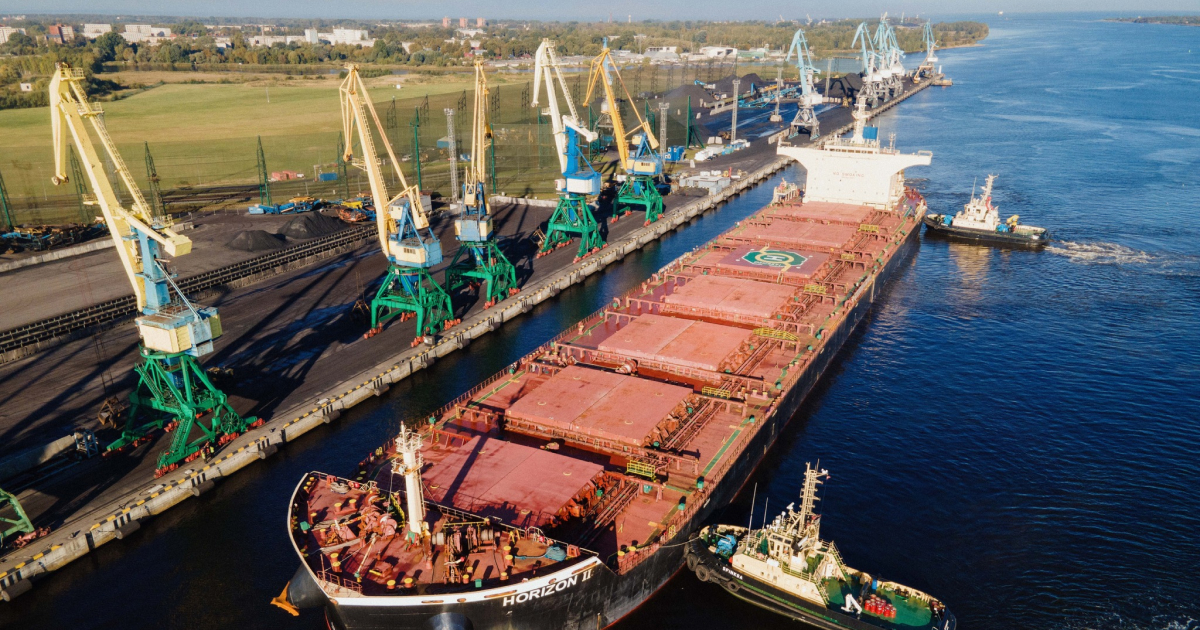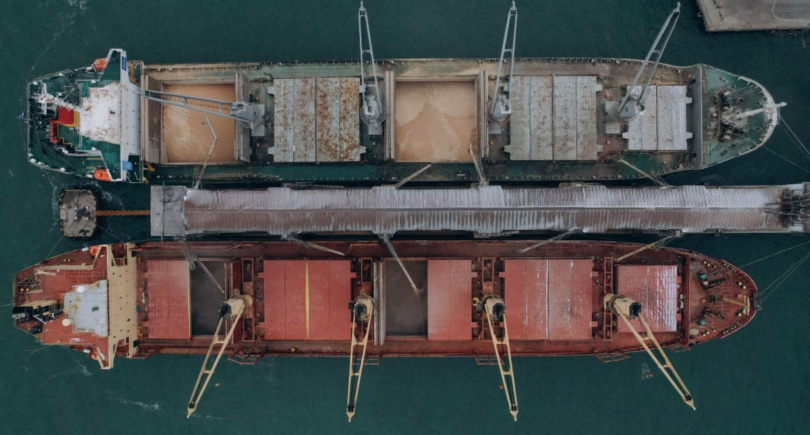
News Infrastructure ports 572 14 November 2022
Transshipment of ferrous metals in the port of Riga decreased by 36.6% y/y in 10 months
In January-October 2022, the Riga Free Port increased the transshipment of iron ore by 51.8% compared to the same period in 2021 – up to 875 thousand tons. Data on the port website reports about it.
Transshipment of scrap metal, steel products and ferroalloys in the port of Riga for 10 months of 2022 amounted to 372.3 thousand tons, which is 36.6% less compared to January-October 2021. In total, during this period, Riga port workers processed 1.25 million tons of iron and steel cargo. This is 7.7% more y/y.
In January-October 2022, the port of Riga increased transshipment of bulk cargo by 25.3% y/y – up to 11.48 million tons, including:
- coke and coal – 3.87 million tons (8.8 times more by January-October 2022);
- grain and grain products – 2.01 million tons (-6.6%);
- chemical cargoes – 458,000 tons (-58.4%);
- wood – 1.99 million tons (-18.4%);
- other bulk cargoes – 765.1 thousand tons (-10.1%).
Processing of general cargo increased by 3% y/y in 10 months – up to 6.34 million tons, and bulk cargo – decreased by 35.7%, to 1.24 million tons. In general, during this period, the port of Riga increased cargo transshipment by 10.5% compared to the same period in 2021 – up to 19,07 million tons.
In 2021, the Riga Free Port increased the transshipment of iron and steel cargo by 33.9% compared to 2020 – up to 1.54 million tons. The processing of iron ore amounted to 817,000 tons and ferrous metals – 724,700 tons, which 34.6% and 33.4% more, respectively. In general, during the year, the port reduced cargo transshipment by 9.3% – to 21.5 million tons.
As GMK Center reported earlier, with the beginning of the war, the sea ports of Ukraine were closed due to mine danger, as well as the threat of piracy by ships of the Black Sea Fleet of the Russian Federation. Cargo turnover of sea trade ports of Ukraine since the beginning of the military invasion of Russia has decreased to a minimum.
Ukraine considered the possibility of export of stee products and grains to the world market through the ports of the Baltic Sea. For this, the Minister of Infrastructure of Ukraine met with Baltic and Polish colleagues to discuss the possibility of creating new transport corridors.



